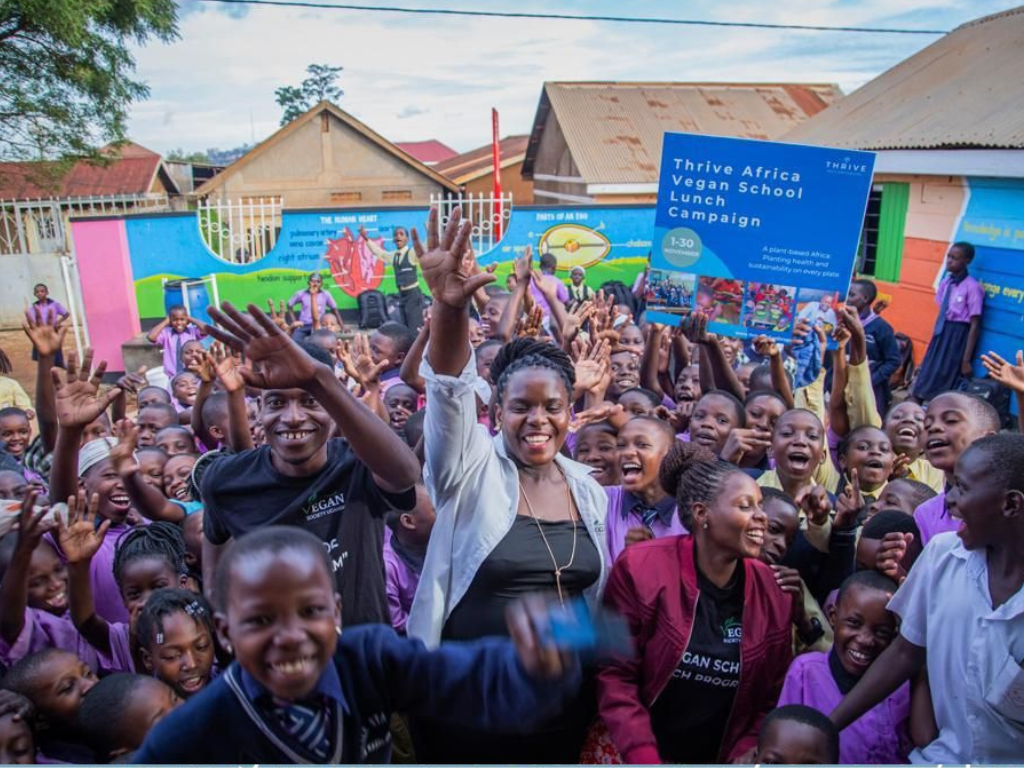Thrive Africa Vegan School Lunch Campaign
The Thrive Africa Vegan School Lunch Campaign is the world’s second pan-Africa-wide plant-based campaign and amplifies the plant-based food justice movement across Africa by increasing accessibility for healthy, plant-based options for student school lunches, while also bringing widespread awareness to veganism and healthy eating to children, families, and the community.
The Thrive Africa Vegan School Lunch Campaign is an Africa-wide campaign and week-long celebration simultaneously coordinated by organizations across multiple African countries. All participants simultaneously launch the campaign in their own country, creating an Africa-wide effort to increase accessibility to healthy plant-based food.
Since the inaugural launch, the Thrive Africa Vegan School Lunch Campaign has had over 20 participating schools in 16 African countries through coordinated efforts of multiple participating organizations. The campaign has replaced thousands of animal-based and factory-farmed meals with nutritious plant-based, locally-grown alternatives and has reached thousands of students with the nutritious plant-based and humane education message. We expect each year to double in reach, and we invite you to join us!
To participate in the next Thrive Africa Vegan Restaurant Week, join the Thrive Africa Accelerator here, where you’ll join a cohort of advocates and be informed of the next campaign and other opportunities.
The next Thrive Africa Vegan School Lunch Campaign is planned for 1-3 June 2025.
Questions may be sent to africa@thrivephilanthropy.org
Thrive Grantee: GYG Project, Ghana
SEE THE CAMPAIGN!
FADPE, Cameroon gives school workshops on nutrition and impacts of food choices on animals and the environment, followed by a fun cooking workshop and delicious food.
LAWCS, Liberia works with schools to replace unhealthy animal-based products with nutritious, local plant-based alternatives in school lunches.
Thrive Grantee: Uganda Vegan Society
Thrive Grantee: AWENT, Tanzania
Thrive Grantee: LAWCS, Liberia
Thrive Grantee: APED, DR Congo
Thrive Grantee: GYG Project, Ghana
Thrive Grantee: FADPE, Cameroon
BENEFITS OF VEGAN
SCHOOL LUNCHES
Improved Health
A plant-based diet is rich in fruits, vegetables, legumes, whole grains, and nuts and can provide all the essential nutrients for students.Inclusivity
Plant-based meals can accommodate dietary restrictions and allergies such as lactose intolerance, making them more inclusive to students.Reduces Pollution
Animal agriculture is a major contributor to climate change and local pollution. By switching to local, plant-based options, schools can contribute to a cleaner environment.Teaches Empathy
By teaching students the ethics of animal products and plant-based eating, schools can instill values such as empathy, compassion, and responsibility.Affordability
Plant-based foods are often more readily available, locally produced, and are more affordable than animal-based options, making plant-based school lunches the cost-efficient option.
If you’d like to participate in the next Thrive Africa Vegan School Lunch Campaign, please register for the Thrive Africa Accelerator here. In the accelerator you’ll join a cohort of like-minded advocates and stay up to date on all of Thrive Africa’s work and opportunities, including the next school lunch campaign.
A FEW PARTICIPATING ORGANIZATIONS
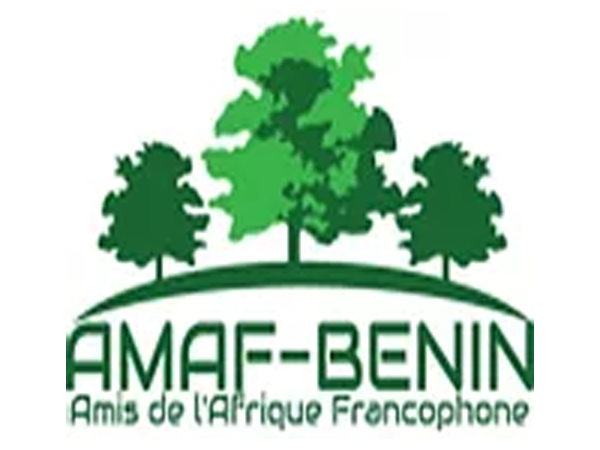
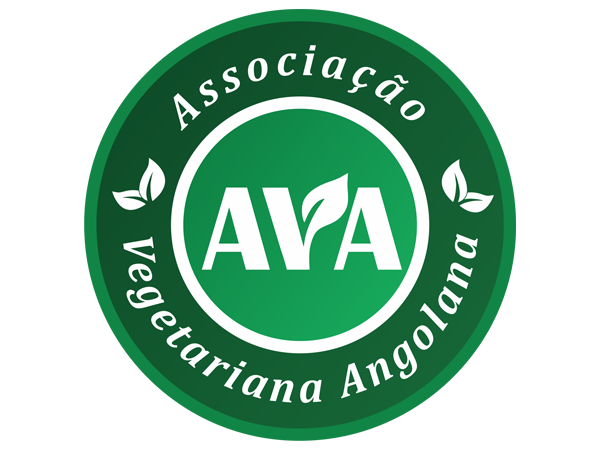
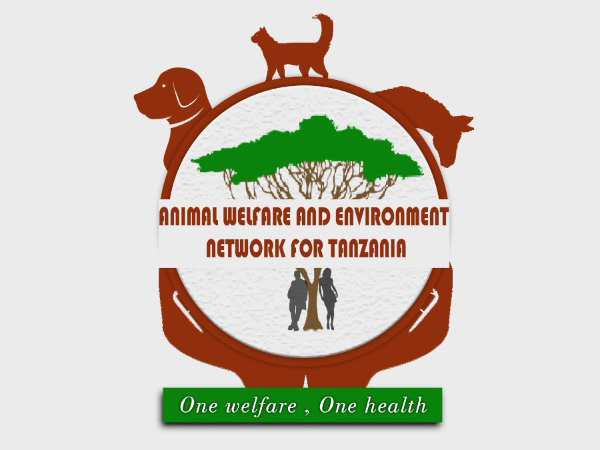

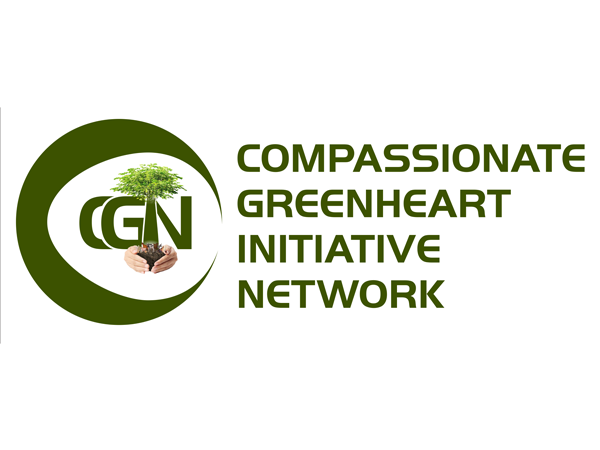
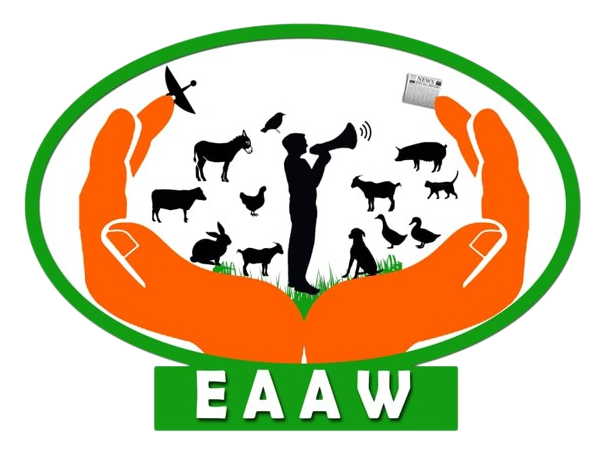

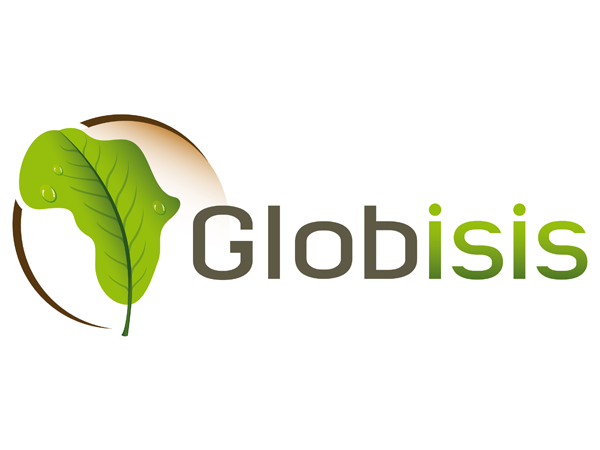

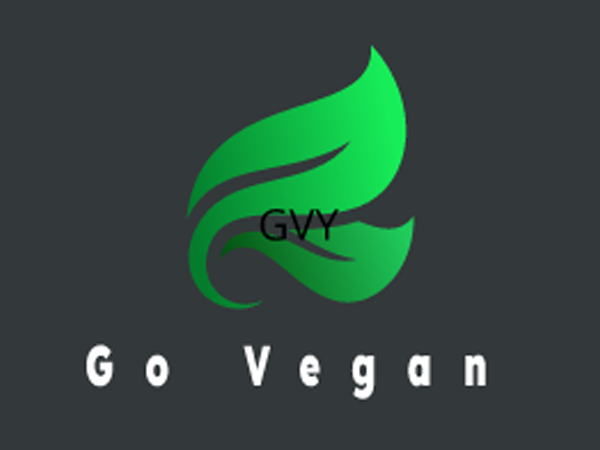
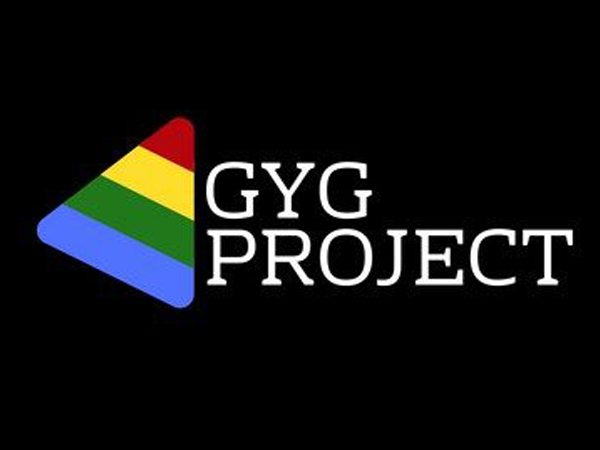
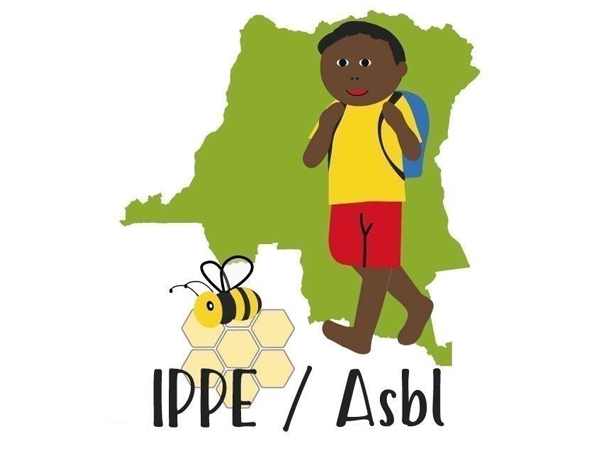
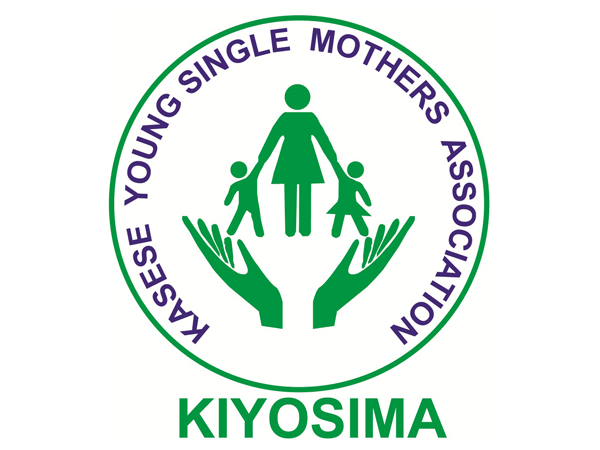
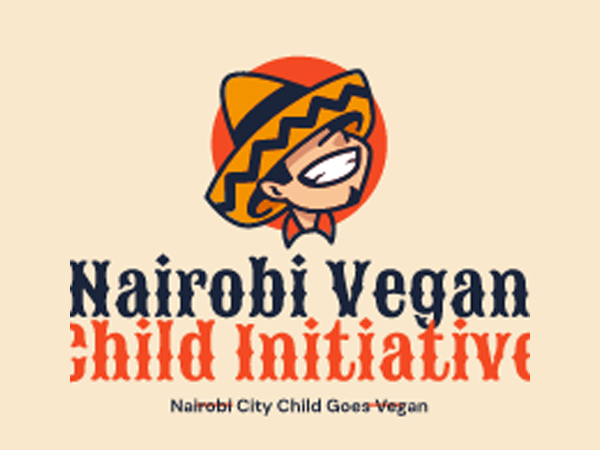
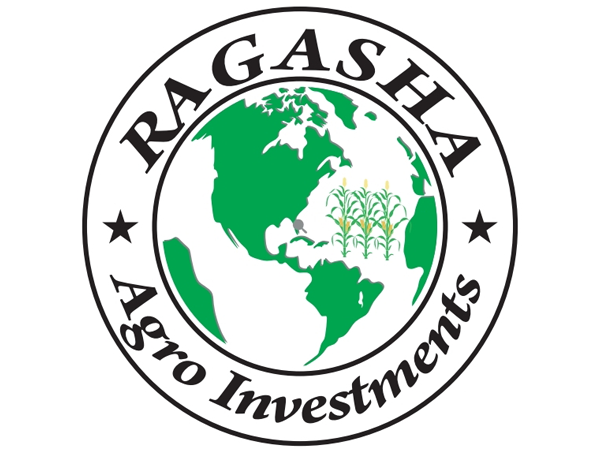

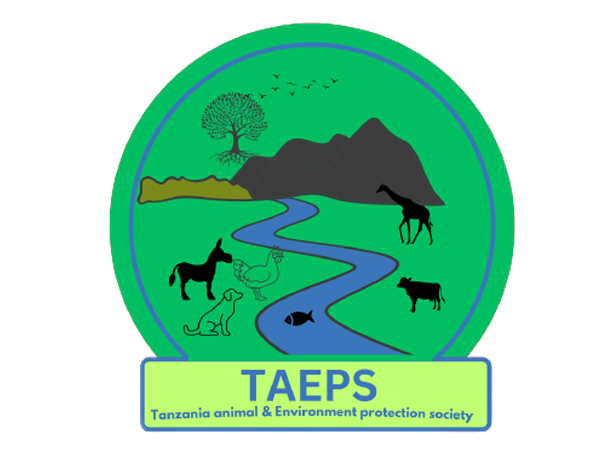
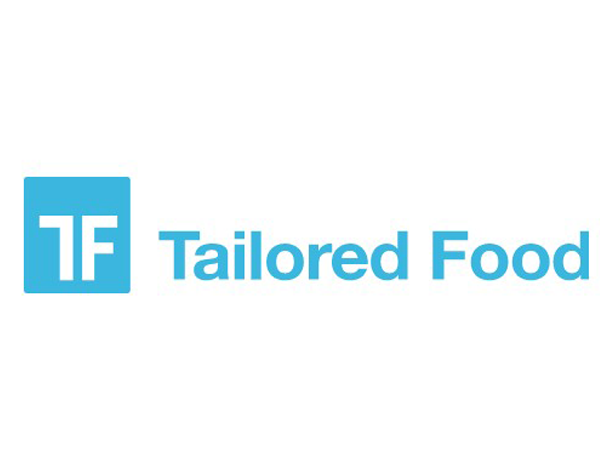
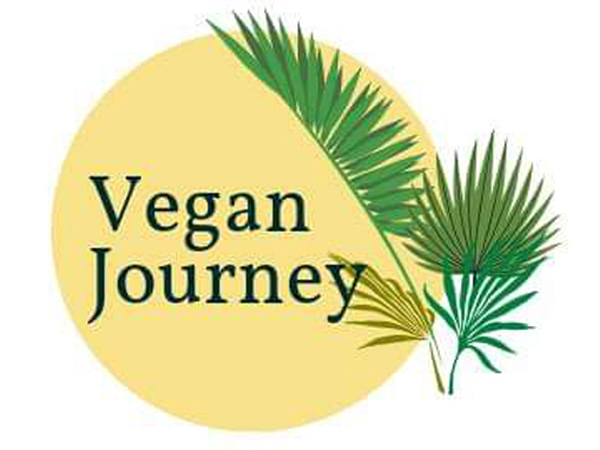

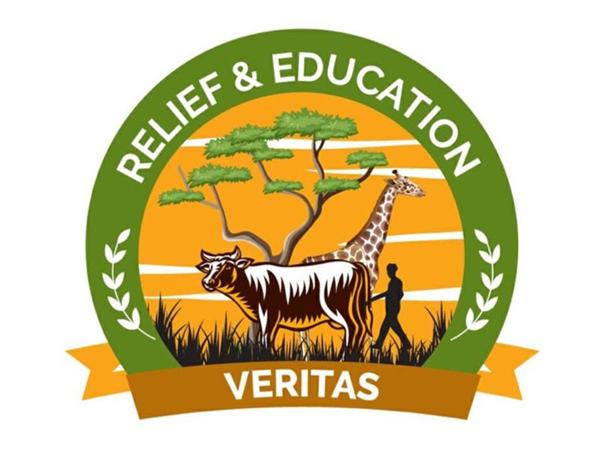
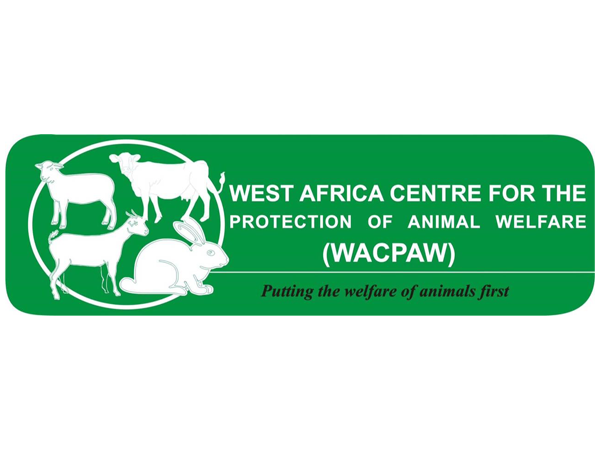
Thrive Africa is a department of Thrive Philanthropy.
Questions may be sent to africa@thrivephilanthropy.com




